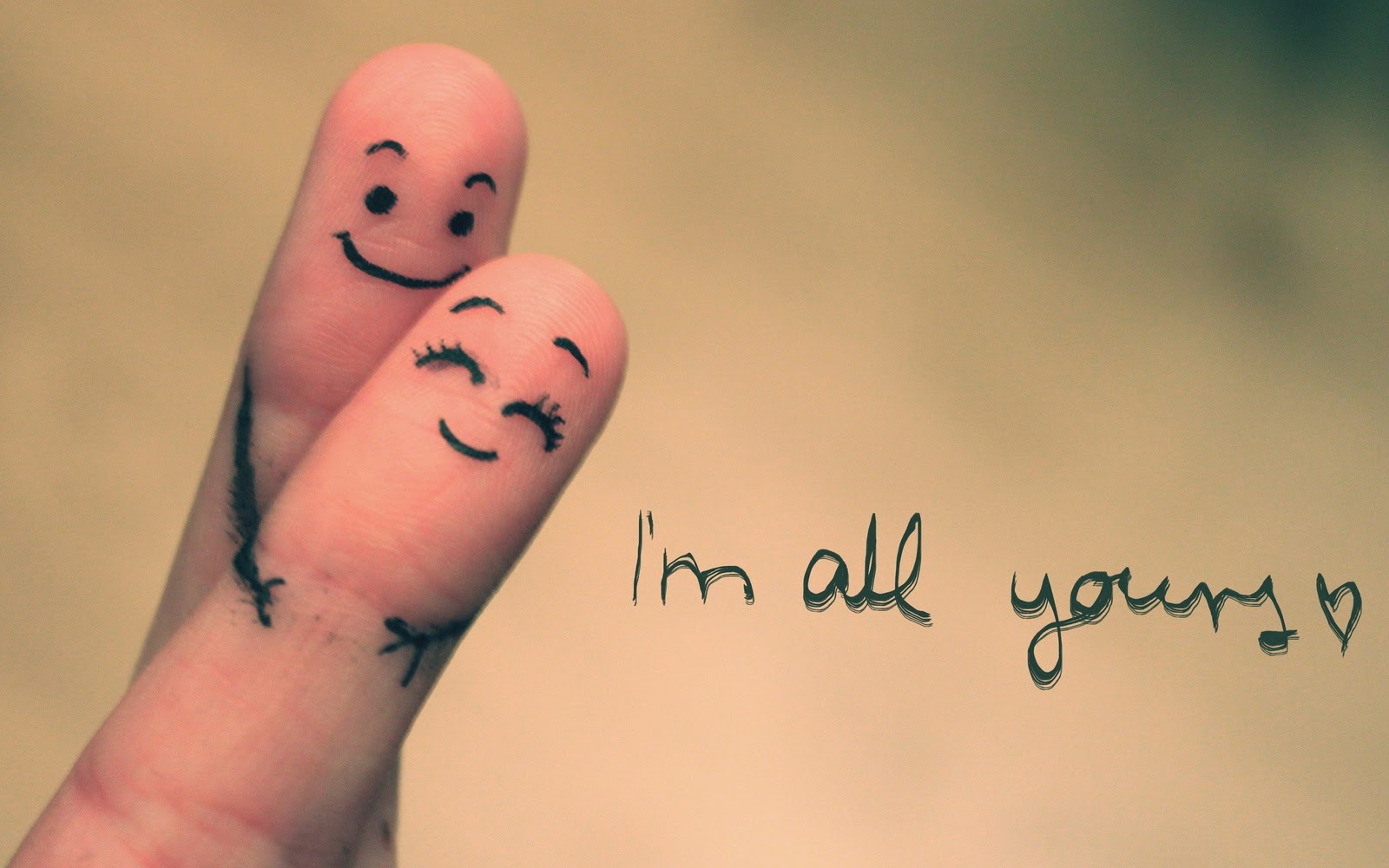Un- or under-employed, and employed millennials alike have been called superficial, self-obsessed (Read GenTwenty column here), but according to a new Pew Research Center study, they have one redeeming virtue. The millennials are reading more than their over-30 counterparts.
I did a little dance when I read this. Despite our proclivity for social sharing (oh selfies), we are after all literary. The sophisticate of our young minds, we…
My euphoria immediately dissipated the moment I read the next line, as reported by Quartz:
Some 88% of Americans younger than 30 said they read a book in the past year compared with 79% of those older than 30.
ONE book. We beat the older generation because an additional 9% of us read one book last year?

Millennials read more than the older generation (image credit: www.theteatalk.com)
Are millennials reading?
If yes, from where and what and how are they reading?
According to a study by McKinsey, a global management consulting firm based in the UK, the average person consume 72 minutes of news a day, and the increase was driven predominantly by people under the age of 35.
Nevertheless, millennials are reading differently. The Associated Press (AP) found that millennials are more versatile as information gatherers, and do not rely solely on newspaper for news.
They [younger consumers] consume news across a multitude of platforms and sources, all day, constantly. Among the key touch points in the new environment are online video, blogs, online social networks, mobile devices RSS, word of mouth, Web portals and search engines.
Furthermore, according to the same AP study, millennials not want to be informed, but they want information that are relevant and shareable.







